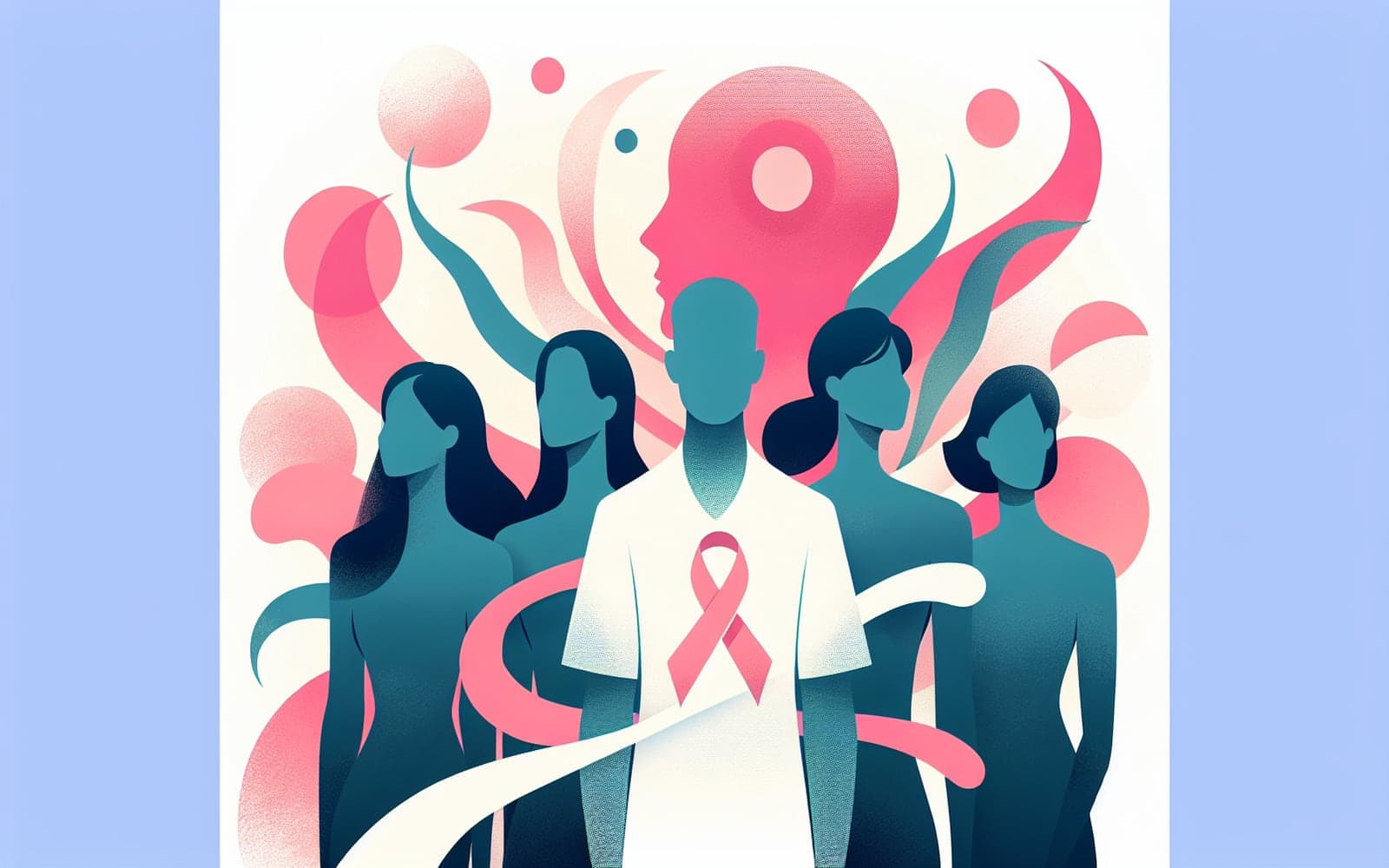Is Hormone Therapy Linked to Breast Cancer Risk?
Published: Feb 10, 2024

Medically reviewed by Alan Lucks | MD, Alan Lucks MDPC Private Practice - New York on February 10th, 2024.
Menopausal hormone therapy (MHT) has been a topic of concern for many women due to its potential link to breast cancer. This article explores the relationship between hormone use and breast cancer risk.
Contents
Understanding the Basics
Menopausal hormone therapy involves using estrogen, either alone or combined with progestin, to manage menopause symptoms. The Women's Health Initiative (WHI) study found that combined estrogen-progestin therapy slightly increased breast cancer risk after about 3-4 years of use. However, estrogen-only therapy did not increase risk in the WHI study and may even lower risk with short-term use.
Putting the Risk in Perspective
While the increased risk sounds scary, it's important to understand the actual numbers. For women in their 50s using combined therapy for 5 years, there may be about 3 additional cases of breast cancer per 1000 women. For estrogen-only therapy, there may actually be 2.5 fewer cases per 1000 women. These small numbers show that for most women considering short-term use for menopause symptoms, the breast cancer risk is very low.

Factors That Affect Risk
Several factors can influence the breast cancer risk associated with hormone therapy. These include the type of hormone therapy (combined vs. estrogen-only), duration of use, and the type of progestin used. Some studies suggest that natural progesterone may have a lower risk than synthetic progestins. Women's individual health histories also play a role in determining their overall risk.
Frequently Asked Questions
No, estrogen-only therapy may not increase risk short-term.
Short-term use (less than 3-4 years) appears safest.
Yes, different types may have different risk profiles.
It's generally not recommended for breast cancer survivors.
Key Takeaways
While hormone therapy can increase breast cancer risk, the absolute risk for most women considering short-term use is very small.
Discuss your individual risks and benefits of hormone therapy with Doctronic to make an informed decision about managing your menopause symptoms.Related Articles
References
Rossouw JE, et al. JAMA 2002; 288:321.
Chlebowski RT, et al. JAMA 2003; 289:3243.
This article has been reviewed for accuracy by one of the licensed medical doctors working for Doctronic. Always discuss health information with your healthcare provider.

